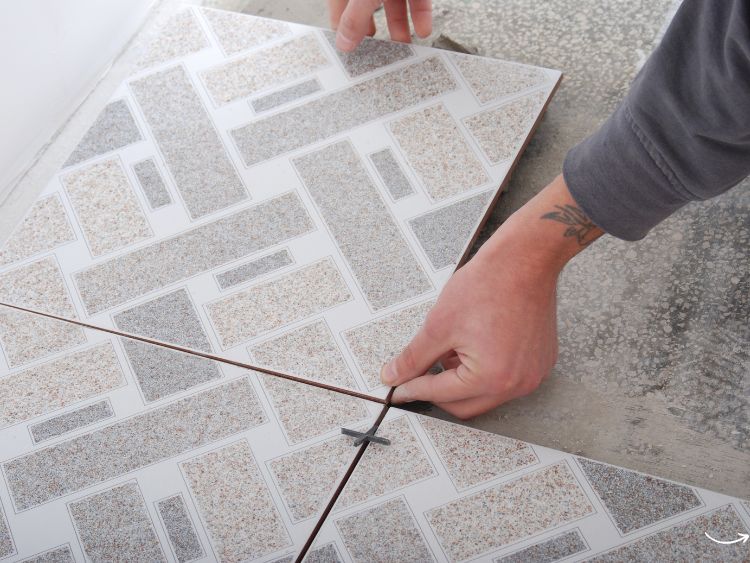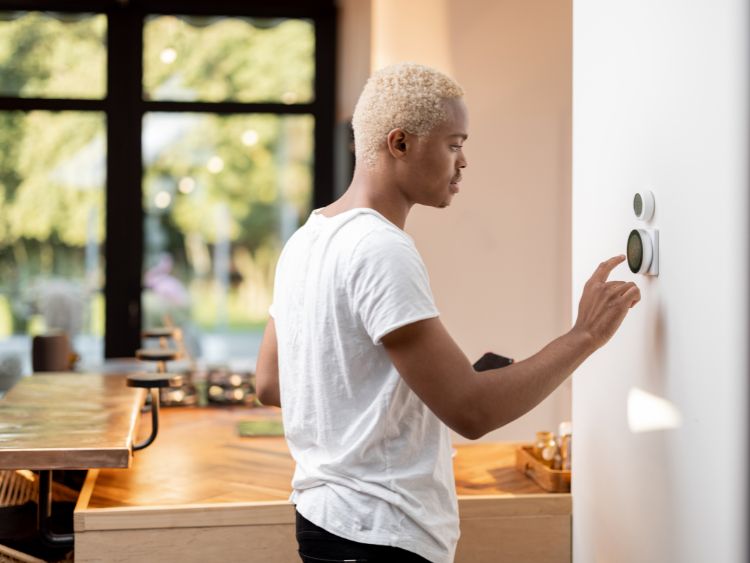A water leak can cause major damage to your home. Water can quickly damage ceilings, flooring, furniture, and can cause mold growth if it isn’t addressed. It can be expensive to Allens Plumbing diagnose and repair a leak. However, repairing any damage that a water leak has left behind can be very costly.
There are many ways to stop leaks from forming unexpectedly. There are some plumbing tips homeowners can use to avoid the most common water leaks. These tips will help you avoid common water leaks.
How to Handle Water Leak Repair Allens Plumbing?
Water leakage occurs when water can reach your pipes or allens plumbing fixtures. These water leaks can be seen as steady drips that go unnoticed, ignored, or large gushes that cause a flood.
Water leaks can occur almost anywhere in your home, including under sinks and toilets, pipes in walls or ceilings, drain lines under your house or basement, as well as outdoor spigots.
To prevent further damage or water loss, shut off the water supply in that area after you have discovered a leak. This can often be done using valves under the fixture or by shutting off the water supply to your house.
What Causes Water Leaks?
A professional can usually resolve most household leaks. Here are the top causes of water damage:
Poor quality welding or sealant: Pipes with poor assembly are more likely to leak around the joints and fittings.
- Age: Old pipes can be corroded and cracked.
- Loose Fixtures or Faulty Fixtures
- Broken or worn seals: Over time, water wears down seals and causes leaks.
High Water Pressure: Excessive water pressure can cause damage to the plumbing system and make it difficult for water to flow.
Extreme Temperature Fluctuations: Freezing temperatures could cause pipes to burst. Excessive heat can also cause leaks in a variety of ways.
Tips to Prevent Water Leakage
- The homeowner is the first line of defense against water leaks. Here are ten ways you can prevent water from leaking into your home.
- Clear out the drains. Leakage can be caused by clogs.
- Make sure that fixtures and fittings are sealed correctly and tight. Also, check for wear and tear.
- You should look out for signs of a slow leakage, such as scale buildup and rust. A leak can be identified by discoloration, warped flooring, paneling, or sagging ceilings.
- Listen to the running water. Leakage Allens Plumbing could be a problem with appliances and fixtures that don’t shut off or turn on intermittently.
- Outdoor hydrants must be closed, drained and insulated before winter in cold climates.


